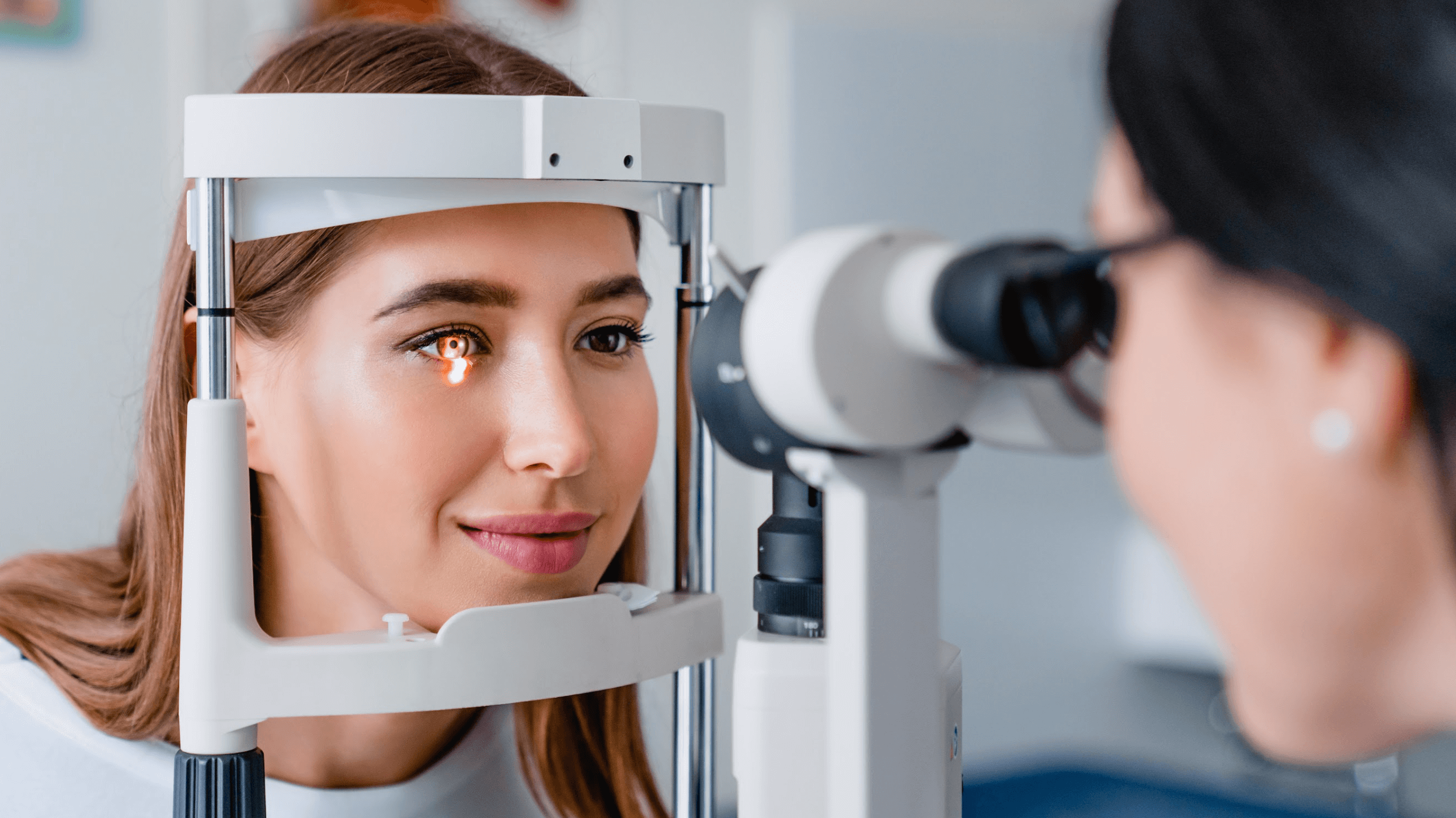When Should You Consider a Diabetic Eye Exam?
&srotate=0)
Scheduling regular eye exams (and diabetic eye exams) is one of the best things you can do for your ocular health and eyesight, especially if you're at higher risk of type 1 or type 2 diabetes. Early detection and diagnosis are crucial for proper care, and we're dedicated to preserving as much of your vision and eye health as possible in Baton Rouge, LA.
As always, being proactive is of utmost importance. And you can help yourself achieve the best possible outcome by reaching out to us at Baton Rouge Eye Physicians to schedule a diabetic eye exam.
When should you consider a diabetic eye exam?
Those who have type 1 or type 2 diabetes, or those who are at higher risk for developing these conditions, should schedule a diabetic eye exam as soon as possible. Millions of Americans with a diabetic risk are likelier to experience several ocular issues, including diabetic macular edema (DME), diabetic retinopathy (DR), cataracts, and glaucoma.
Diabetic macular edema (DME) and diabetic retinopathy (DR) cause damage to the retina, an essential eye structure filled with light-sensing cells. DME results in excess fluid collecting within the eye, which increases intraocular pressure and causes swelling of the macula, the retina's central portion. As the central portion, this area allows you to see what's directly in front of you.
And any dysfunction at the center of your vision causes blurriness and other sight-disrupting symptoms, making it more difficult or impossible to read, drive, work on a computer, or complete many other necessary daily tasks.
Vision-impairing symptoms also occur due to DR, which damages the blood vessels in the retina at the back of the eye. As the increased blood sugars associated with diabetes cause injury to the blood vessels in the retina, new but faulty ones take their place. These vessels do not adequately supply the retina with nutrients and can swell, leak, or become blocked, resulting in vision loss and if left untreated, blindness.
Additionally, a condition like DR may be one's first sign of diabetes. Therefore, it's of the utmost importance to be vigilant about your eye health by scheduling regular eye exams whether or not you've been diagnosed with diabetes or have a higher risk of diabetes. The effects of DR can also signify that a patient's diabetes is not being controlled as well as possible, which can lead to improved management strategies and help you avoid the diabetic damage that would otherwise occur – in the eyes and throughout the rest of the body as well.
Diabetes also increases the risk of cataracts and glaucoma
Diabetes also increases the risk of a couple of ocular disorders that are otherwise considered age-related conditions. The first, cataracts, is a clouding of the eye's lens that generally begins developing in one's 40s. It's caused by protein breakdown in the lens, leading to cloudy clumps called cataracts, which block more and more of your vision and can lead to blindness.
Another ocular disorder whose prevalence increases with age is glaucoma. Not a single disorder but a grouping of conditions. The umbrella term glaucoma refers to vision loss due to damage done to the optic nerve. This damage is typically due to increased intraocular pressure as fluid accumulates within the eye, often due to blockages in the ocular drainage system, known as the trabecular meshwork.
Protect your eye health and vision against diabetes
The eye damage that results from type 1 or type 2 diabetes may not be apparent right off the bat. And by the time vision loss occurs, some irreversible harm may have already occurred. Therefore, it's in one's best interest to schedule regular eye exams, even if they haven't been diagnosed with diabetes or have a higher risk of diabetes. So, contact us today at Baton Rouge Eye Physicians in Baton Rouge, LA to help protect your eye health and vision.